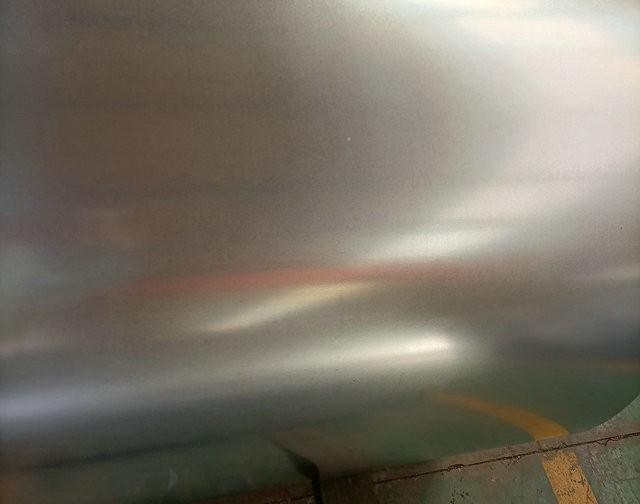 Language
▼
Language
▼
More Language
Galvanized steel plates will rust under certain conditions. Although the surface of galvanized steel plate is electroplated with a layer of metallic zinc, this layer of zinc has a corrosion-resistant effect, making galvanized steel plate have strong corrosion resistance under normal circumstances and not easy to rust. However, its rusting condition is influenced by various factors, as follows:
Indoor environment: Compared to outdoor environments, indoor environments have a relatively small corrosive effect on galvanized steel plates. But if the indoor environment is humid or the board comes into contact with corrosive liquids, it is still possible to rust. Therefore, keeping the room dry and avoiding water stains and corrosive liquids on galvanized steel plates can prolong their rusting time.

Quality of galvanized layer: If the galvanized layer contains impurities such as iron and other metals, it is easy to produce corrosive effects, thereby accelerating the rusting process of galvanized steel plates.
Welding and cutting: When welding or cutting galvanized steel plates, high temperatures may damage the galvanized layer, making the steel plate more prone to rusting at the welding or cutting site.
China galvanized plate manufacturer: Boxing Shuangshengda Steel specializes in galvanized sheet, galvanized steel plate,Colour steel plate etc.We have a full range of product specifications and types, low prices, and more than 20 years of experience, worthy of your trust